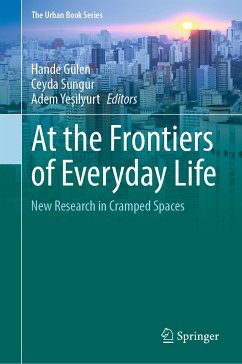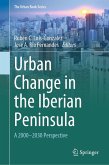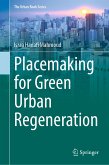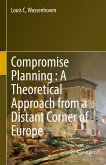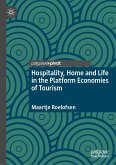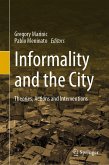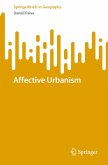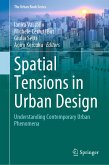The book provides a critical analysis of the geographies of everyday life, looking at how spatial practices craft w(r)iggle room to cope with the boundaries saturated by normativity, power relations, and inequalities. It explores the possibilities for making do with the everyday practices forming a way of living in cramped spaces. In this respect, early-career researchers and activists share their fieldwork experiences through an intersectional lens based on emerging research methodologies and scholar-activist practices. From their own vantage point, they look at their own contexts, practices, and research subjects at the level of everyday life.
Spatial practices and place-based imaginaries from France, Finland, and Spain to Turkey and South Africa present a wide range of non-counter hegemonic yet enabling practices for transformation in everyday life. The contributors, trained in a variety of convergent disciplines concerned with everyday life and space (geography, geopolitics, architecture, urban planning, sociology, political sciences), discuss scholar-activist methodologies during the current crisis in contemporary academia, reflect on their research methodologies and research experiences, and inquire into the ways of embodied negotiations for agency, survival, and care.
A group of early-career researchers and activists came together to seek out the possibilities of transformative change in everyday life during the peak periods of COVID-19. When researchers and activists were forced to stay at home in isolation, the authors met up online to discuss their subjectivities self-reflexively to challenge the distance between the researcher and "the field." The book is the outcome of their collective production based on numerous meetings, writing workshops, and creative debates.
Dieser Download kann aus rechtlichen Gründen nur mit Rechnungsadresse in A, B, BG, CY, CZ, D, DK, EW, E, FIN, F, GR, HR, H, IRL, I, LT, L, LR, M, NL, PL, P, R, S, SLO, SK ausgeliefert werden.

